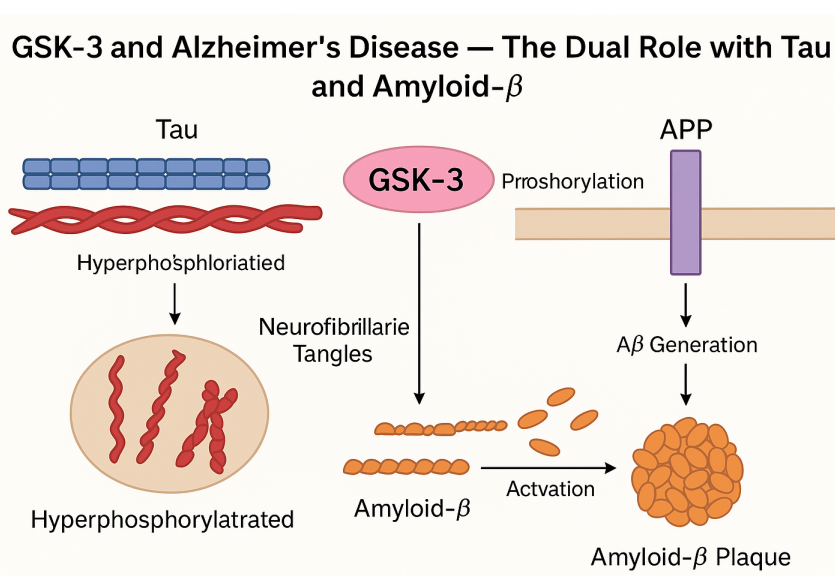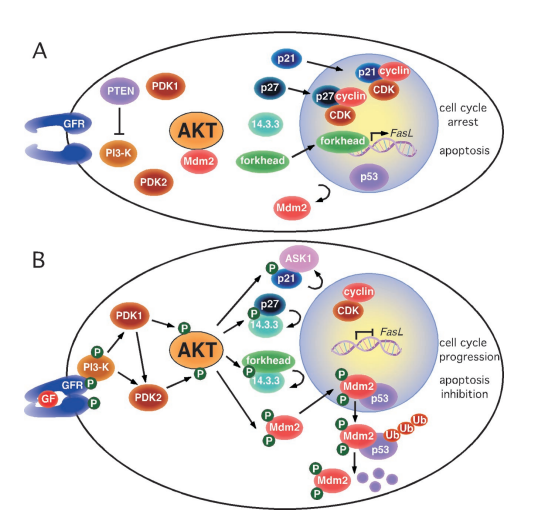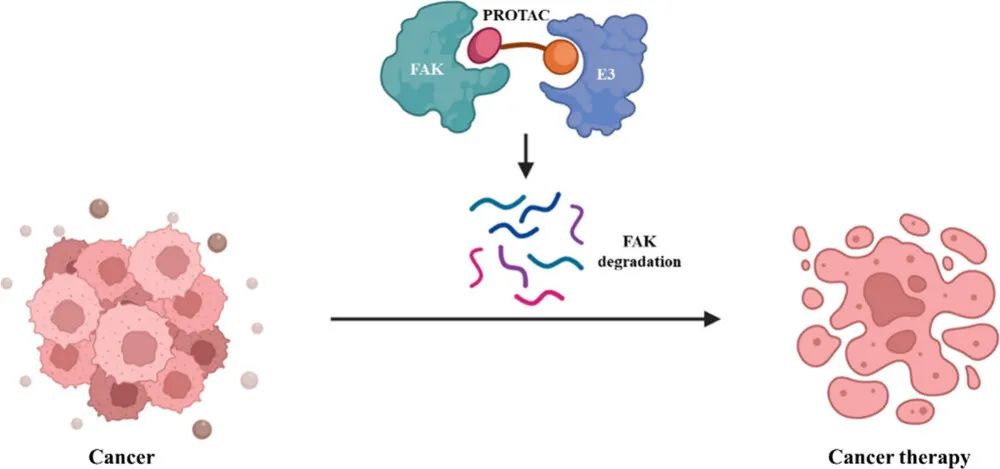What is Calcium Butyrate and Used for?
Abstract
Calcium butyrate is a white solid with specific pharmacological activity, so it is widely used. First, calcium butyrate can be used as a feed additive and plays an important role in maintaining cell differentiation and integrity of colonic epithelium, covering gastrointestinal function, and improving animal performance. Calcium butyrate can promote the structural and functional development of intestinal mucosa and improve immune skills of weaned pups.
What is Calcium Butyrate?
Calcium butyrate(CAS: 5743-36-2), also known as “calcium pantothenate”, is short for “Hopa”. It is a white or light white powder with a slightly sour odor which is weakly alkaline. It can be used as a feed additive and is also a new brain metabolism-activating drug, which is widely used in clinical practice in Japan.
Which field is Calcium Butyrate used for?
Applications in Animal Production
The anaerobic bacterium Clostridium butyricum in the animal large intestine will produce acetic acid, propionic acid, butyric acid, and other short-chain fatty acids (SCFA) when it degrades carbohydrates and proteins, mainly butyric acid. These short-chain fatty acids have a variety of physiological functions in the body. Firstly, as a direct energy supplier for the growth and development of intestinal epithelial cells, SCFA can promote cell proliferation and expand the surface area for absorbing nutrients. Second, SCFA, as a major anion existing in the colon and intestinal lumen, can regulate the absorption of sodium ions and other minerals in the intestine and can chelate with heavy metal ions to reduce its toxicity. It also has the function of enhancing the beneficial bacteria in the gut and inhibiting the growth of harmful bacteria. Third, SCFA, as the main nutrient of colon epithelial cells, has many functions that affect the action of the colon mucosa, including promoting mucus secretion, enhancing mucosal blood flow, and inducing epidermal cell proliferation.
Butyric acid, as the main member of short-chain fatty acids, is different from acetic acid and propionic acid and has hydrophilic and lipophilic properties. It is stable under weakly acidic conditions and is not easy to decompose. After feeding, most of it can avoid the acidic environment in the small intestine and directly enter the cecum and colon. It plays an important role in maintaining cell differentiation and integrity of colonic epithelium, covering gastrointestinal function, and improving animal performance. Butyric acid is an important biological regulator and is often used as a feed additive after processing in recent years.
In practice, butyric acid is usually prepared into a relatively stable calcium salt for animal production. As an important component of compound acidifier, calcium butyrate not only has the characteristics of no pollution, no harmful residue, and no drug resistance but also has the function of acidizing and partial replacement of antibiotics. It is gradually becoming one of the antibiotic substitutes and animal health products with great potential. In addition, calcium butyrate, as an important component of intestinal mucosal nutrition, can promote the structural and functional development of intestinal mucosa and improve the immune skills of weaned pups. Calcium butyrate, as an important component of gastrointestinal microecological balance regulator and electrolyte balance regulator, can regulate the nutritional physiological functions of gastrointestinal microecological balance and electrolyte balance. Calcium butyrate is also a feed-inducing agent for animals and can be used as a feed-inducing agent and a component of scent.
The supplementation of calcium butyrate in laying hens’ diets improved as follows:
- Improve laying rate, reduce feed-to-egg ratio, and improve the utilization rate of protein and energy.
- To improve the apparent phosphorus metabolic rate of diet and egg quality.
- Reduce intestinal PH and Escherichia coli, increase the number of lactobacillus in chyme, and improve intestinal microecological balance.
Studies in Brain Diseases
Calcium butyrate can promote the synthesis and release of acetylcholine, increase the concentration of norepinephrine and 5-hydroxytryptamine in the brain and antagonize the inhibitory neurotransmitter GABA. Calcium butyrate can also promote glucose into cells, and increase the content of brain lactam and cAMP. These unique physiological effects enable calcium butyrate to be used as a brain metabolic activation drug.
Pharmacological effects of calcium butyrate:
- Protective effect of brain hypoxia
In animal experiments, calcium butyrate has a protective effect on brain hypoxia induced by potassium cyanide in rat models.
- Encourages glucose to enter cells and break down
Animal experiments have proved that calcium butyrate can promote glucose into brain cells, increase uptake and accelerate decomposition.
- Increased cAMP in the brain
Calcium butyrate enhances β-hydroxytyramine and increases adrenal cortical activity in patients with mental retardation or hypoplasia.
- Central nervous wakefulness activation
Calcium butyrate can promote the recovery of consciousness disorder and increase physical activity in mice with head trauma.
In terms of medical application, calcium butyrate in the 1980s was widely used in the convalescence and sequelae of cerebrovascular diseases, cerebrovascular dementia, and encephalitis sequelae. In clinical trials, it was found that, compared with a placebo, calcium butyrate was more effective in improving speech disorders, intelligence disorders, and daily living movements in patients with cerebral arteriosclerosis, and in treating mental disorders caused by cerebrovascular damage, such as decreased automaticity and decreased desire. A research team has found that when calcium butyrate is used to treat mental asthenia in children with sequelae of encephalitis, the basic wave of EEG tends to normalize, and the learning and memory tend to enhance.
Studies in anti-inflammatory and anti-tumor
Calcium butyrate is used to treat intestinal diseases because it provides energy to colon cells, regulates their metabolism, and prevents infection and inflammation. In addition, calcium butyrate is also involved in controlling the pathological growth of colon cells, regulating the cell cycle by inhibiting DNA synthesis and restoring apoptosis mechanisms. These mechanisms facilitate the use of calcium butyrate as a potent histone deacetylase inhibitor and as an activator of p21 and p53 genes. Calcium butyrate is also an effective activator of acid sphinsinase, which can lead to the production of anti-proliferative molecules such as ceramide and sphingosine. Such multiple biological effects suggest that calcium butyrate may have anti-inflammatory properties and may also be used in the treatment of colon cancer. It has recently been evaluated for its in vitro and in vivo activity against colon cancer.
- The experimental data showed that calcium butyrate had an obvious anti-inflammatory effect when it was directly injected into the colonic mucosal surface of rats.
- In the antitumor experiment, calcium butyrate can significantly reduce the occurrence of ACS and ACF in the colon of rats attacked by AOM. ACF is considered to be a dysplastic lesion with the potential to develop into colon cancer. Calcium butyrate inhibited the growth of human colon cancer cell lines HT29, SW620, and HCT116 in vitro. The inhibitory effect of calcium butyrate on cancer cell proliferation is dose-dependent yet may not be a direct cytotoxic mechanism.
- In previous in vivo studies, there was no definitive conclusion on the effect of oral calcium butyrate on intestinal cancer. It has been shown that the rapid absorption of calcium butyrate in the upper gastrointestinal tract prevents its full use in the colon. In this experiment, the distal colon was found to be significantly more sensitive to calcium butyrate, which also demonstrated the local activity of calcium butyrate. This suggests that for calcium butyrate to be active by the oral route, it should be given in preparations that deliver the substance directly to the colon to provide and maintain an effective concentration in the mucous membranes that confer anticancer benefits.
Calcium butyrate showed significant anti-inflammatory and antitumor activity through local administration, indicating that it is expected to be a specific drug for colon inflammation or colon cancer through the change of dosage form.
Summary
Calcium butyrate was widely used in the convalescence and sequelae of cerebrovascular diseases, cerebrovascular dementia, and encephalitis sequelae. Thirdly, calcium butyrate showed significant anti-inflammatory and antitumor activity through local administration, indicating that it is expected to be a specific drug for colon inflammation or colon cancer through the change of dosage form. Our company provides this product only for organic synthesis, pharmaceutical research and development purposes, personal use is strictly prohibited.




